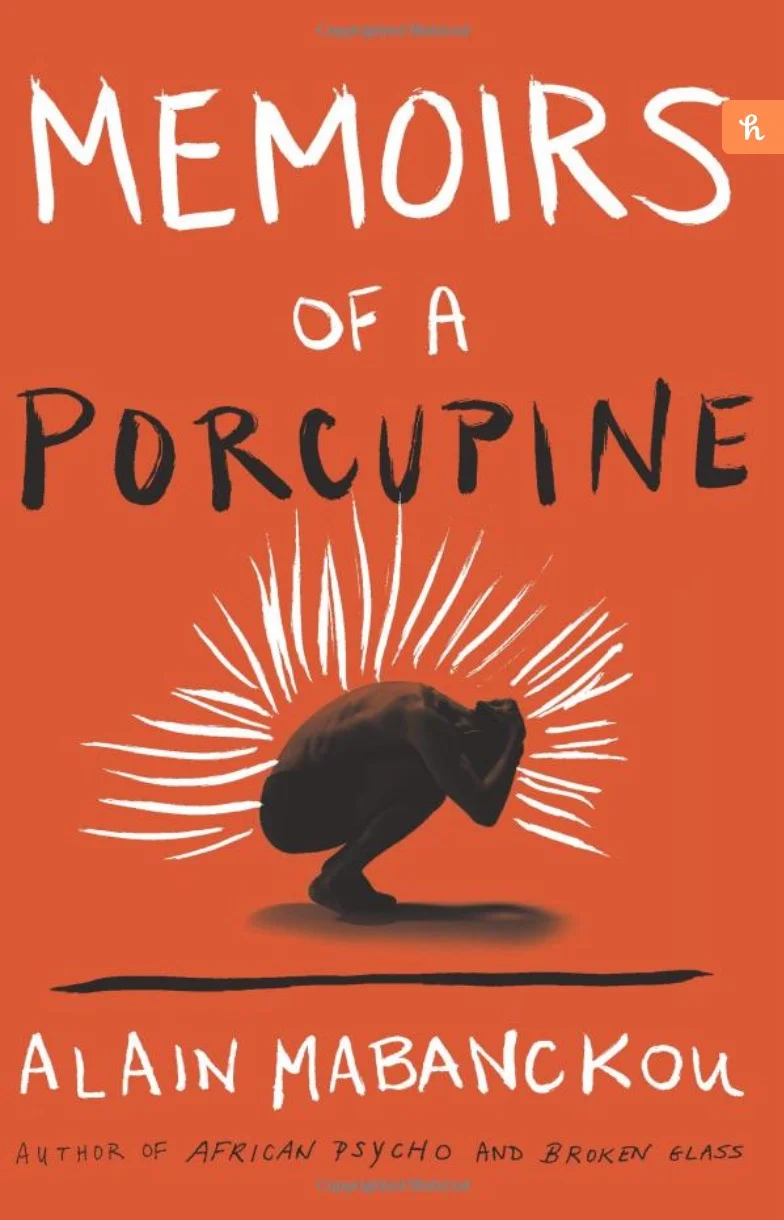Democratic Republic of the Congo: Tram 83 (Fiston Mwanza Mujila, trans. Roland Glasser)
Originally published in 2014, this translation was published in 2015 by the magnificent Deep Vellum (http://deepvellum.org/), a wonderful non-profit based in Dallas that does many cool things, including publishing translations from all over the world. You can actually support them by subscribing to one of their many series, such as as their global literature series, their backlog, all upcoming books, etc. High recommendations!
Background: From 1908-1960, this area was known as the Belgian Congo, primarily acting as a way for the Belgian economy to benefit from the mineral mines. Colonial administrators had more or less complete power, quelling any political activity through the Force Publique. Although initially there were not many Belgians in the area (only 1,928 in 1910), but 1959, almost 89,000 Belgians had moved to colony. In May 1960, the Mouvement National Conglais, a nationalist movement, won the parliamentary elections, with Patrice Lumumba becoming the first Prime Minister, and independence achieved shortly afterward, on June 30, 1960 although little preparation had been made for this transfer of power. Between 1960 and 1965, an intense period of civic struggle took place, beginning with mutiny in the army in July 1960 and black and white civilian clashes, with the conflicts ending up as a Cold War proxy with the Soviets and Americans supporting opposing sides. The conflicts here have been long and extraordinarily complicated, and I would recommend reading up more if you're interested. Needless to say, things have not particularly been resolved; 2015 saw major protests across the country, 2016 and 2017 have been cited as major humanitarian challenges as bad as what is going on in Syria, between sexual violence towards women and children, armed conflict in several regions, ethnic, cultural, and religious rivalries, and lack of planting and harvesting resulting in millions at risk of starvation.
Th author, Fiston Mwanza Mujila, was born in 1981 in Lubumbashi, Democratic Republic of Congo. He went on to study Literature and Human Sciences there, and is currently pursuing a PhD in Romance Languages. He has won a number of awards for his writing, including this book, his first novel. Tram 83 is quite a dark book, and I’m left with fairly mixed feelings about it. There is some really beautiful writing in it, and there were numerous occasions on which I had the experience of profundity, but there is a self-consciousness to his writing that was always present and somewhat annoying. The story concerns two men, Lucien, a writer who has been living in Europe and has come back to the unnamed City-Sate in the Dem. Rep. of Congo, and Requiem, his childhood friend, who is a fairly successful racketeer. The story basically follows the two men, as Lucien tries to work on his play, and Requiem finds different ways of making money through stealing and exploiting the mines. The center of town is Tram 83, a nightclub of sorts, to which the characters always return, and in which almost all of the relevant plot points occur.
The futility of their actions is not what makes the novel difficult to read, but rather the profound misery and poverty described. Everyone and everything is oriented to the mines, which are essentially the only resource. Young girls, referred to as “baby chicks,” start prostituting themselves before pubescence, since it is the only option, including within the mines, young boys do odd jobs that given these disease, theft and violence are everywhere. Mujila’s view of his home is not one that seems to believe there is any redemption. He got out and stayed out, and my takeaway from the novel is that he doesn’t see any alternatives. A depressing read, even for all of its accolades.





